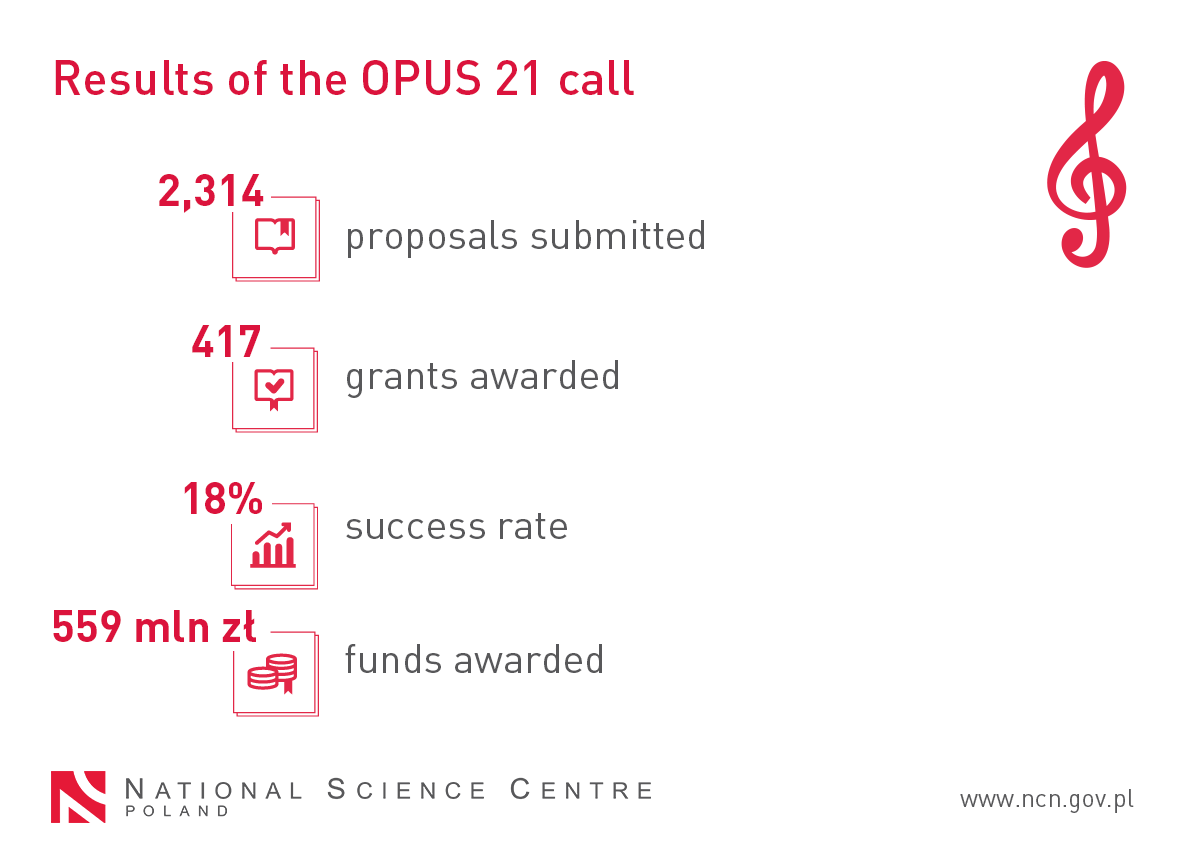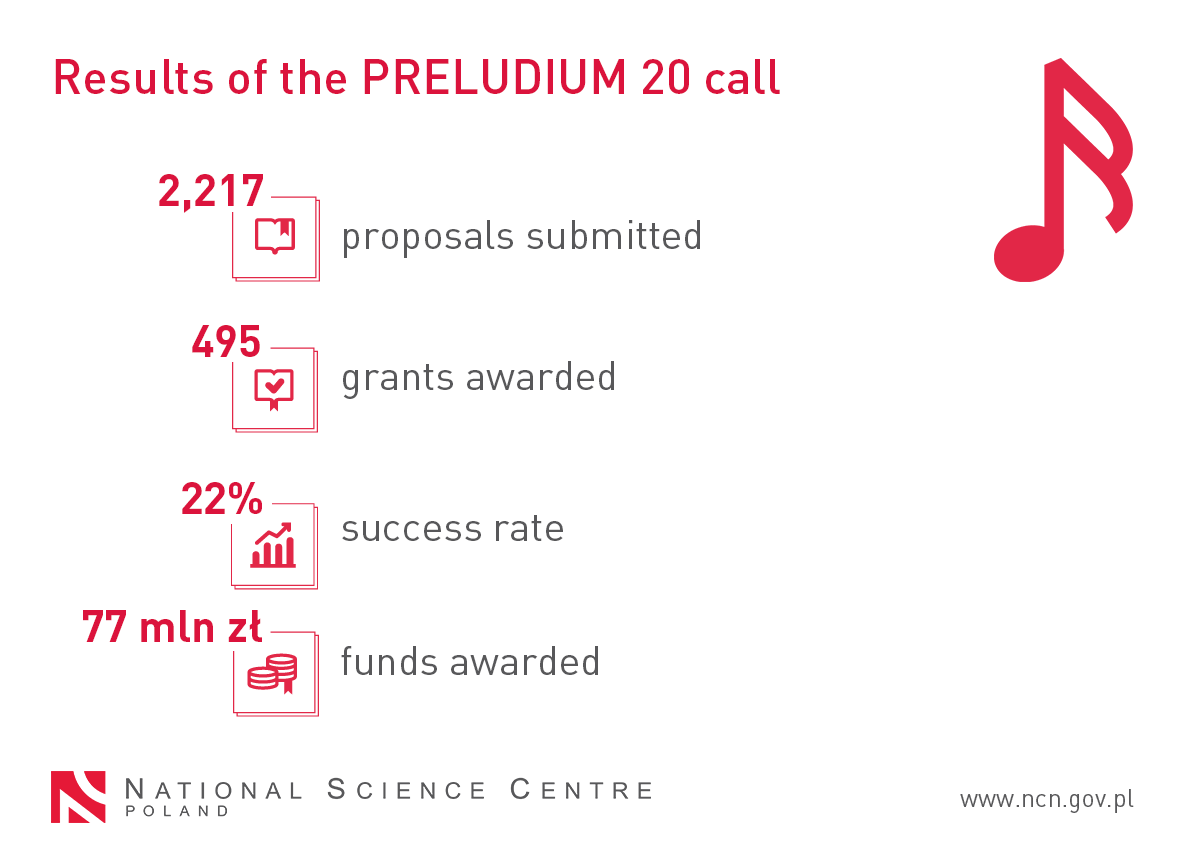Funded under the SONATA BIS call, this project was inspired by the marked rise in drug resistance that we have now seen for more than 30 years. Drugs we have relied on until now are gradually becoming ineffective as pathogenic bacteria and fungi develop specific defence mechanisms that make them drug-resistant.
In our research, we try to understand the correlation between the coordination, thermodynamic stability, structure and mode of action of antimicrobial peptide-metal complexes.
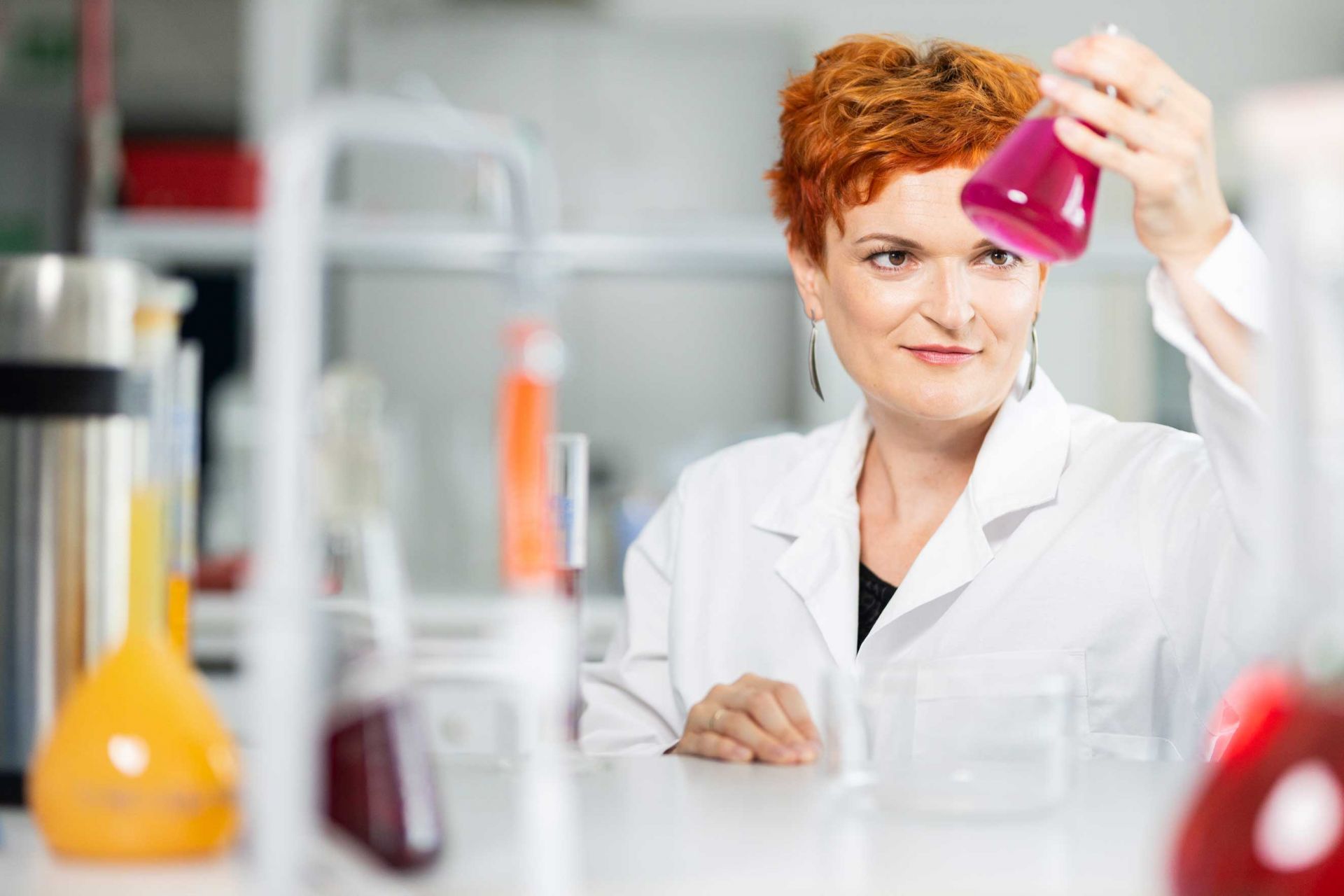 Photo by Michał Łepecki
Antimicrobial peptides (AMP) are often viewed as potential next-generation therapeutics. What offers a glimmer of hope is that even though they have been around for millions of years, barring a few exceptions, microbes still seem to have developed no resistance to these substances.
Photo by Michał Łepecki
Antimicrobial peptides (AMP) are often viewed as potential next-generation therapeutics. What offers a glimmer of hope is that even though they have been around for millions of years, barring a few exceptions, microbes still seem to have developed no resistance to these substances.
Biologically essential metal ions, such as zinc, Zn(II) and copper, Cu(II), have a dual effect on the activity of antimicrobial peptides: (1) AMPs bind metal ions, which means that microbes cannot get enough of these essential metals to survive and cause disease (metal-ion capturing, nutritional immunity) or (2) AMPs require specific metal ions to reinforce their antimicrobial action (metal ions impact AMP charge/structure). To the best of my knowledge, no prior research has looked into the various relationships between the ability of AMP to bind metal ions, their structure, mode of action and biological activity; this subject matter has become the main research domain of my team, working in tandem with our consortium partner, a team led by Dr Agnieszka Matera-Witkiewicz from the Wrocław Medical University.
We focused on the thermodynamics, structure and coordination chemistry of selected AMPs with Zn(II) and/or Cu(II) and compared these data with our results concerning the biological activity of metal-AMP complexes against selected strains of bacteria and fungi, as well as cytotoxicity against selected cell lines, which allowed us to draw important conclusions on the relationship between the structure and stability of the metal-AMP complex and its efficacy and mode of action.
Funded under SONATA BIS and, subsequently, PRELUDIUM BIS, PRELUDIUM and OPUS grants (with Joanna Wątły acting as the PI under the last of these), our research brought a number of important discoveries. For instance, we discovered that the coordination of Zn(II) to some AMPs involves a specific structural and morphological change which, in its turn, makes the entire complex effective at combating fungal pathogens. This phenomenon was observed for human amylin analogues and peptides from the shepherin group.
 Our team - standing from left side: Kinga Garstka, Emilia Dzień, Silke Andra, Natalia Nogala, Dorota Dudek, Aleksandra Hecel-Czaplicka; sitting from left side: Adriana Miller, Magdalena Rowinska-Żyrek, Valentyn Dzyhovskyi, Joanna Wątły. Fot. Dominika Hull, UWr
Our team - standing from left side: Kinga Garstka, Emilia Dzień, Silke Andra, Natalia Nogala, Dorota Dudek, Aleksandra Hecel-Czaplicka; sitting from left side: Adriana Miller, Magdalena Rowinska-Żyrek, Valentyn Dzyhovskyi, Joanna Wątły. Fot. Dominika Hull, UWr
We also got exciting results for Cu(II) and Zn(II) complexes with PvHCt, an antimicrobial peptide derived from shrimps. The coordination of Cu(II) has a very strong impact on its structure and antimicrobial properties, showing a clear and fascinating link between metal coordination, structure and function. What is intriguing is that PvHCt inhibits microbial growth only in the presence of metal ions, especially those of Cu(II), which coordinates to the central part of the peptide and its C-terminal region, thus inducing a structural change, increasing the proportion of the α-helix and initiating the formation of reactive oxygen species. Cu(II) coordination has a very clear impact on the antimicrobial activity of the complex, showing significant efficacy against E. coli, MRSA and E. faecalis, with a promising value of MIC = 16 µg/ml.
We also demonstrated the impact of a local change in the charge of AMP complexes on their biological activity and described the impact of the pre-organisation of the Zn(II) binding site on the biological properties of its complex with clavanin. Our results have been reported in more than twenty renowned publications, and our fascination with AMP complexes has not stopped there: we are now trying to go a step further and improve their proteolytic stability, i.e., make them more biologically stable. A longer half-life in the body would make AMP complexes fit for use in therapy; we are now working on a solution to the problem with the use of so-called inverso-peptides, which exhibit reversed sequences and chirality compared to the parent molecules, but an identical array of side chains, and sometimes even a similar structure. The presence of D-amino acids, which cause reversed chirality, makes them less susceptible to proteolytic degradation, thus eliminating the main drawback of peptide-based medicines, i.e., their lack of stability.
Both AMPs and retro-inverso peptides seem like a real treasure trove for scientists wishing to discover new, safe drugs with a prolonged half-life and increased potential, but this is not the only reason why we investigate them. From the point of view of chemistry, our work is also an intellectually rewarding, incredibly robust contribution to our general knowledge of the basic bioinorganic chemistry of (still unstudied) complexes of retro-inverso peptides with Zn(II) and Cu(II).
Project title: Antimicrobial peptide – metal interactions – understanding the correlation between coordination chemistry, structure, thermodynamics and mode of action

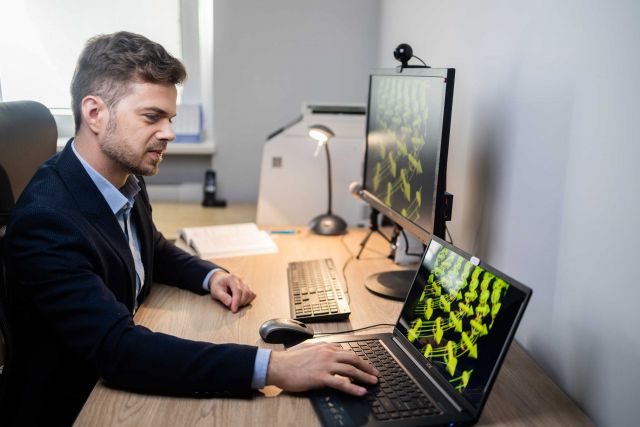
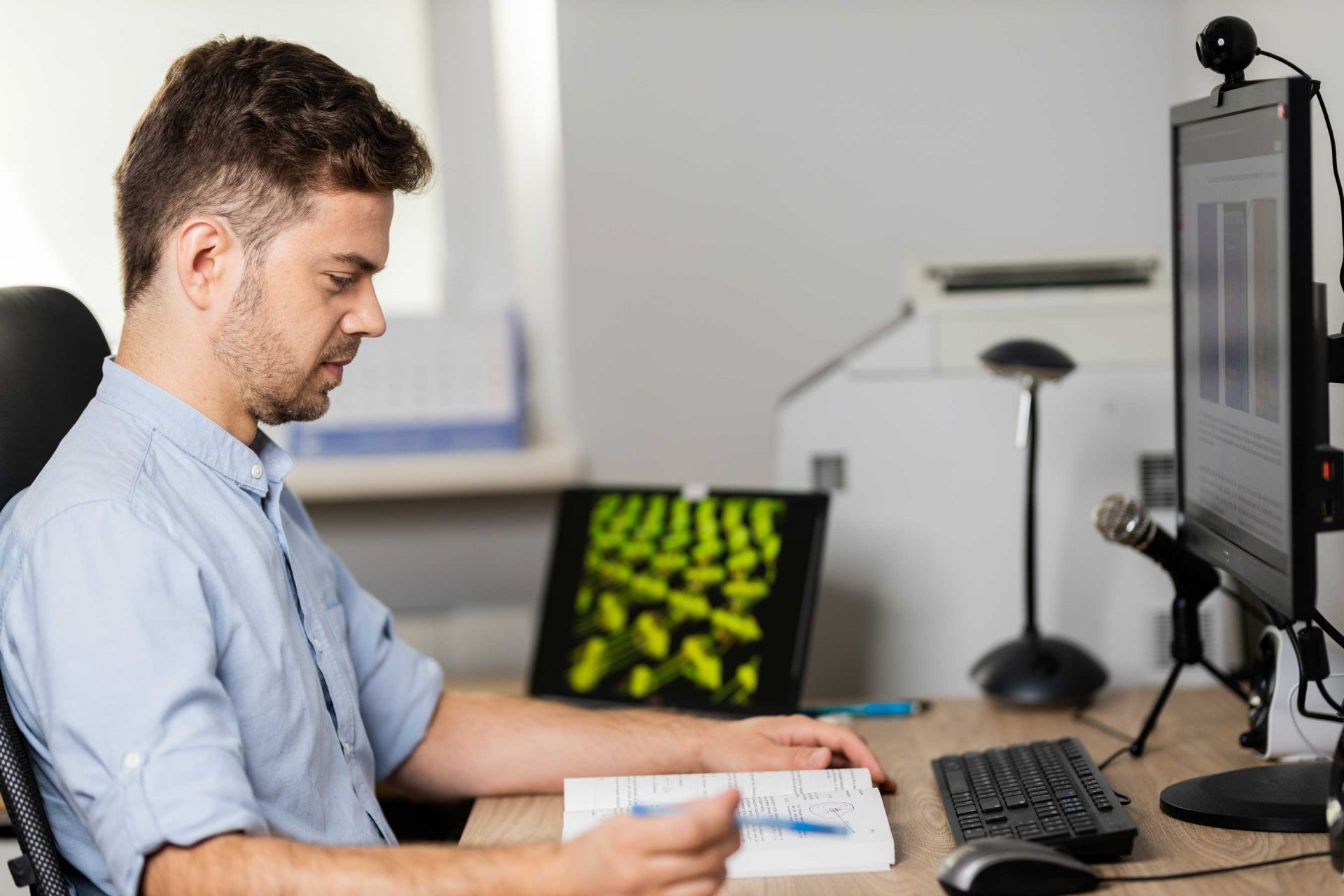
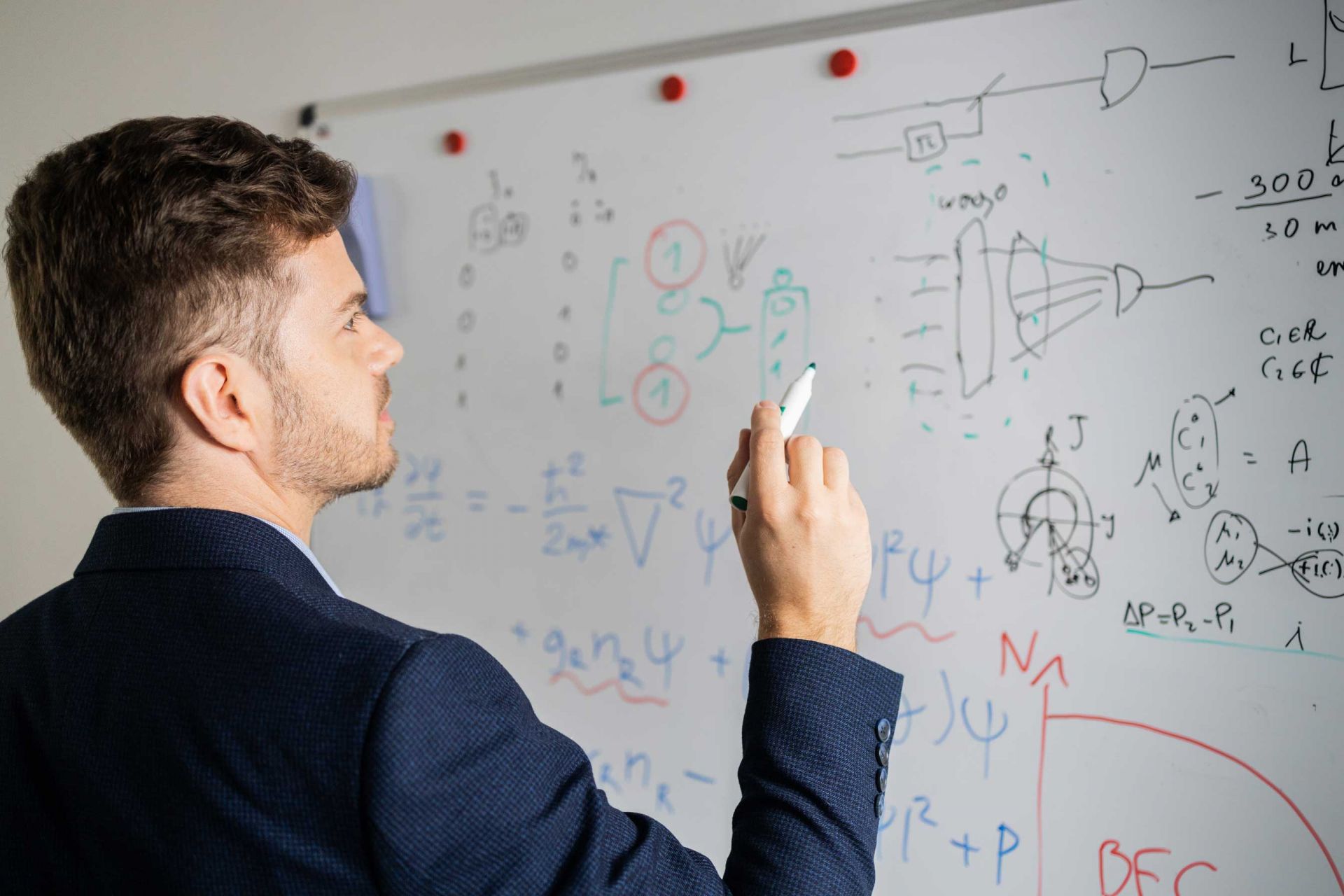
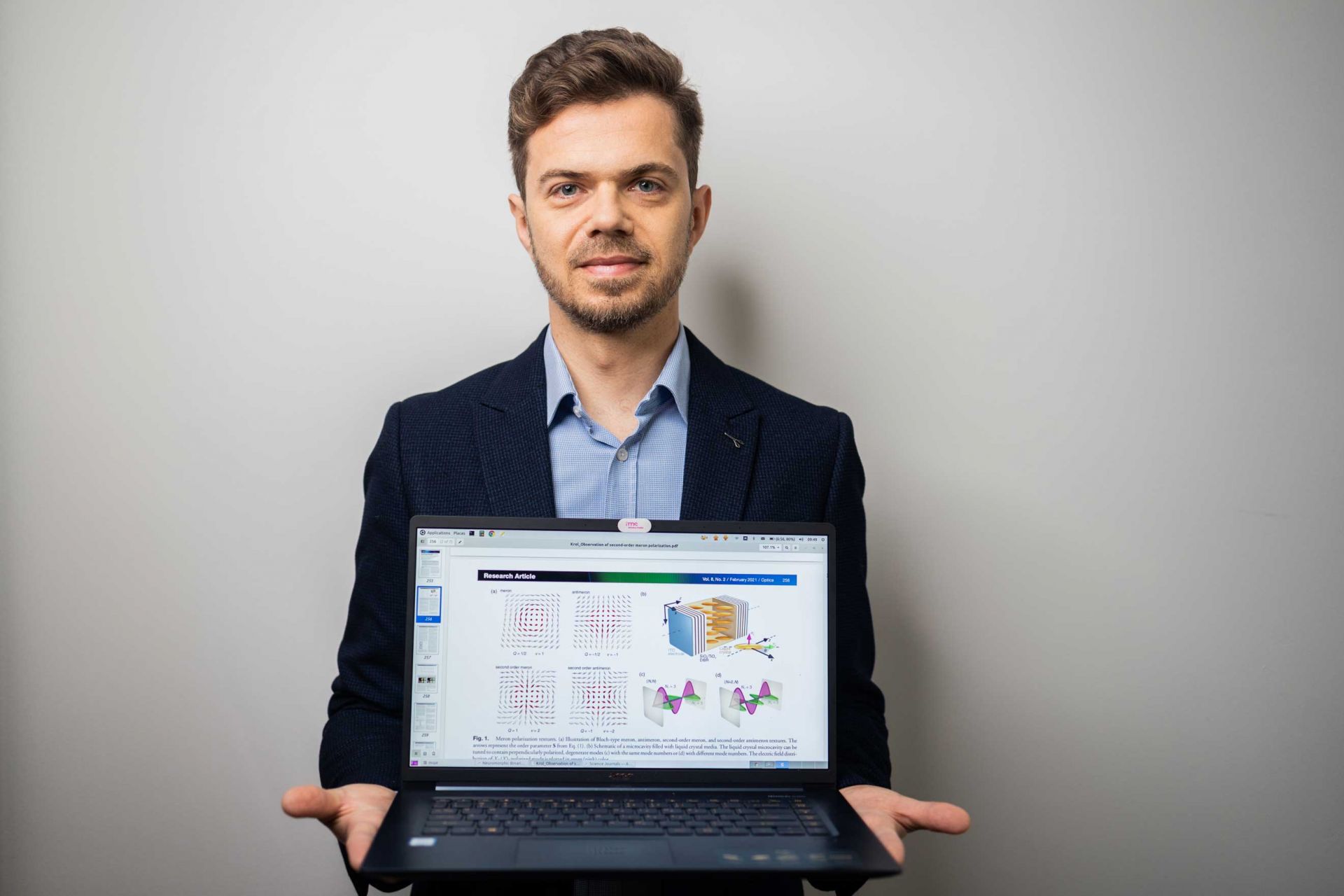



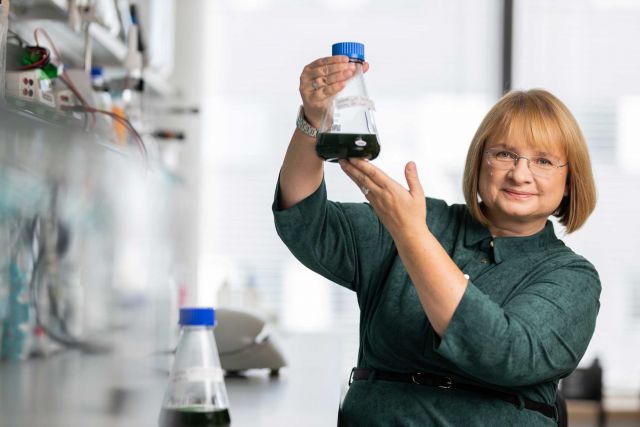

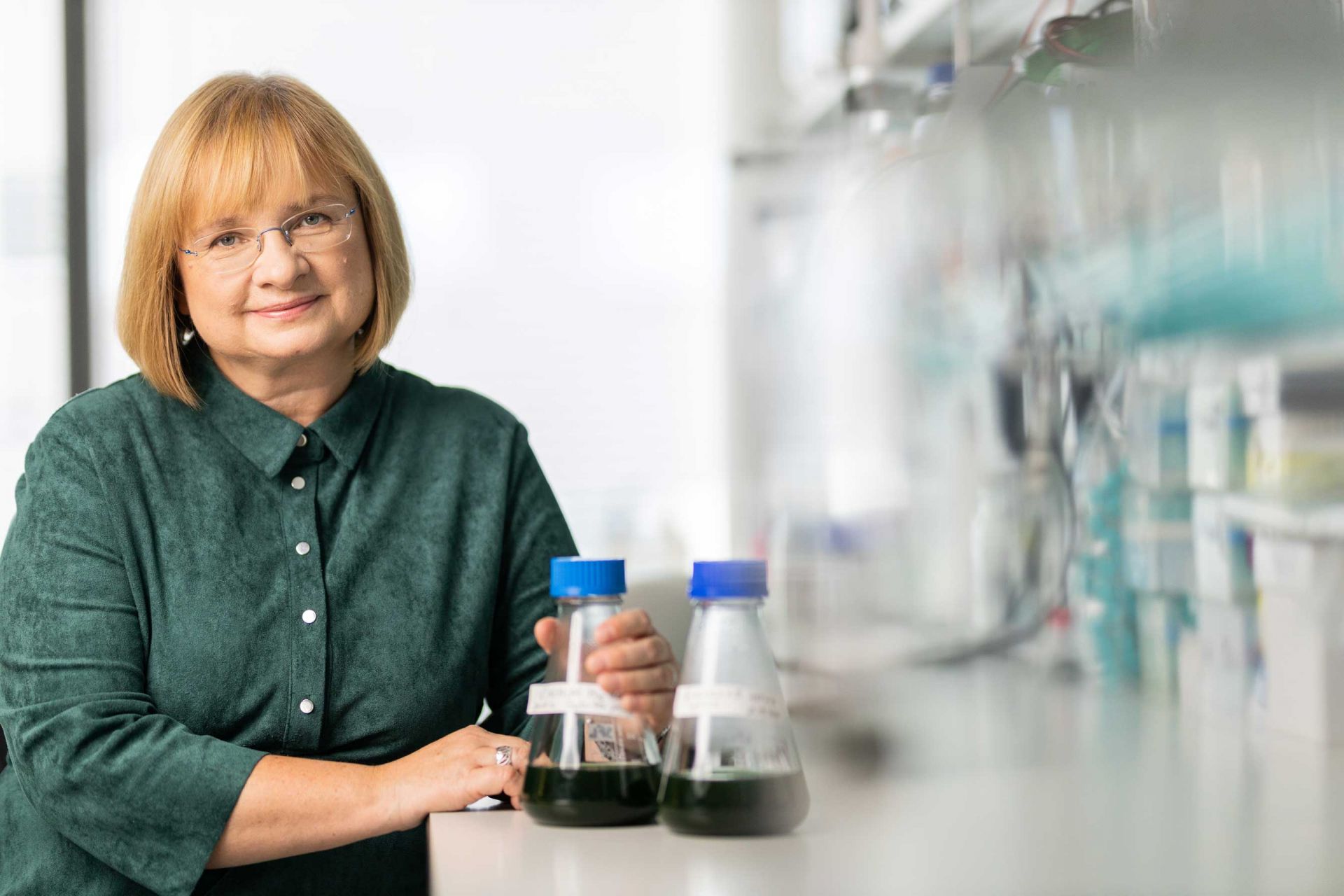
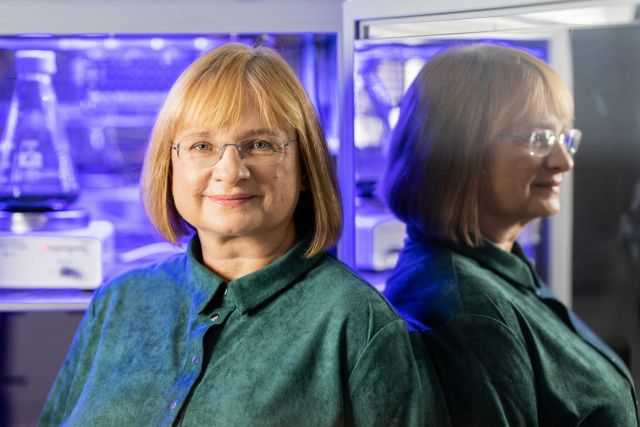
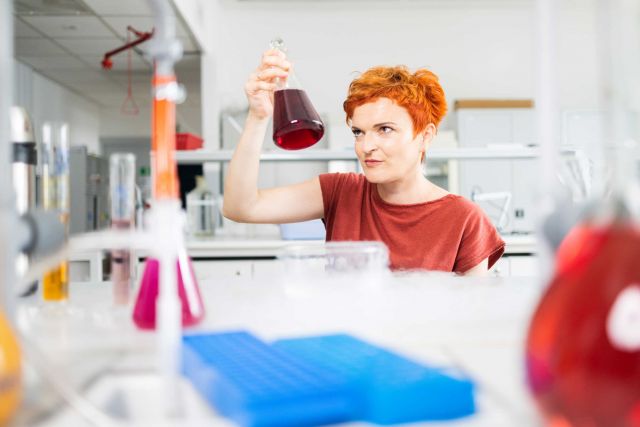


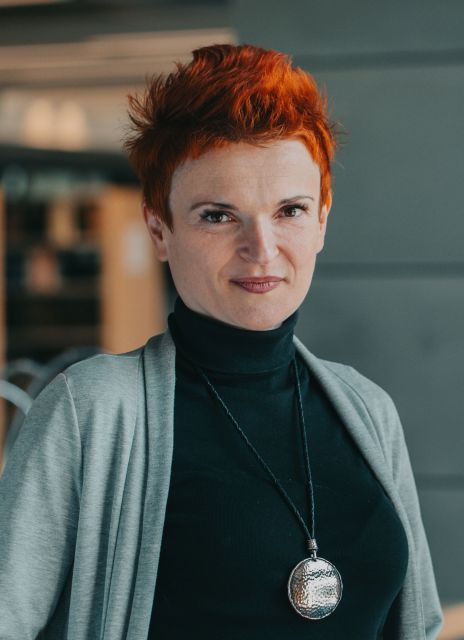
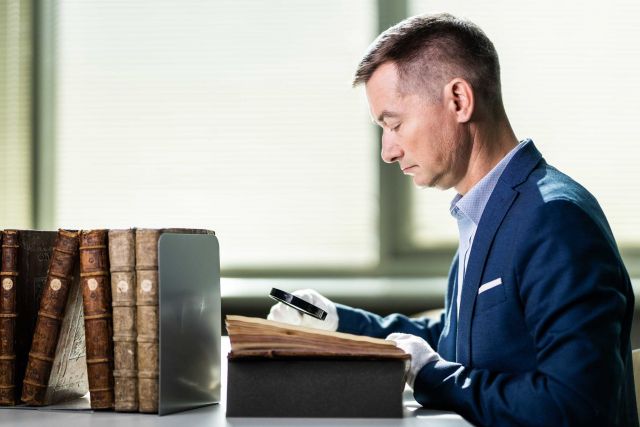
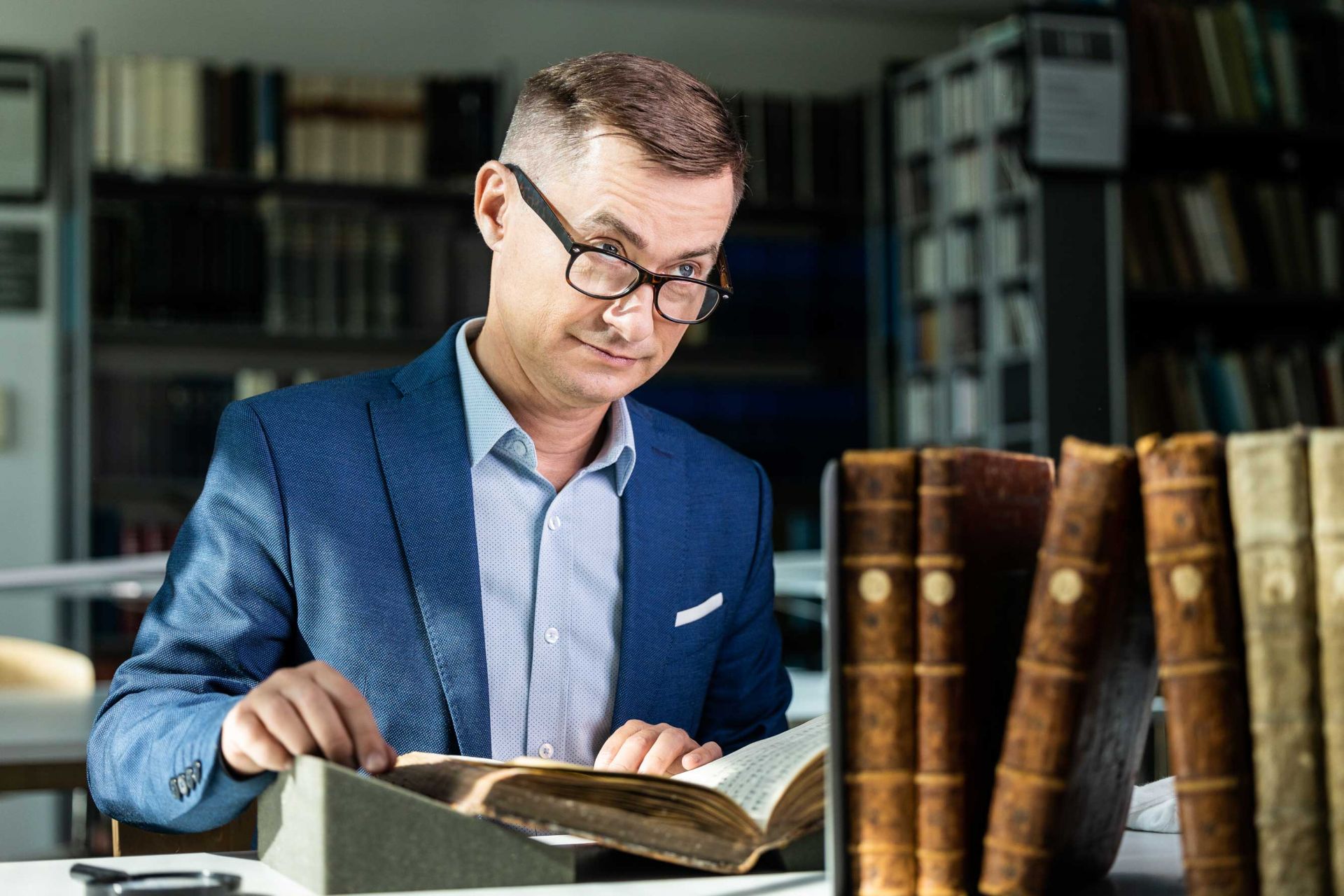
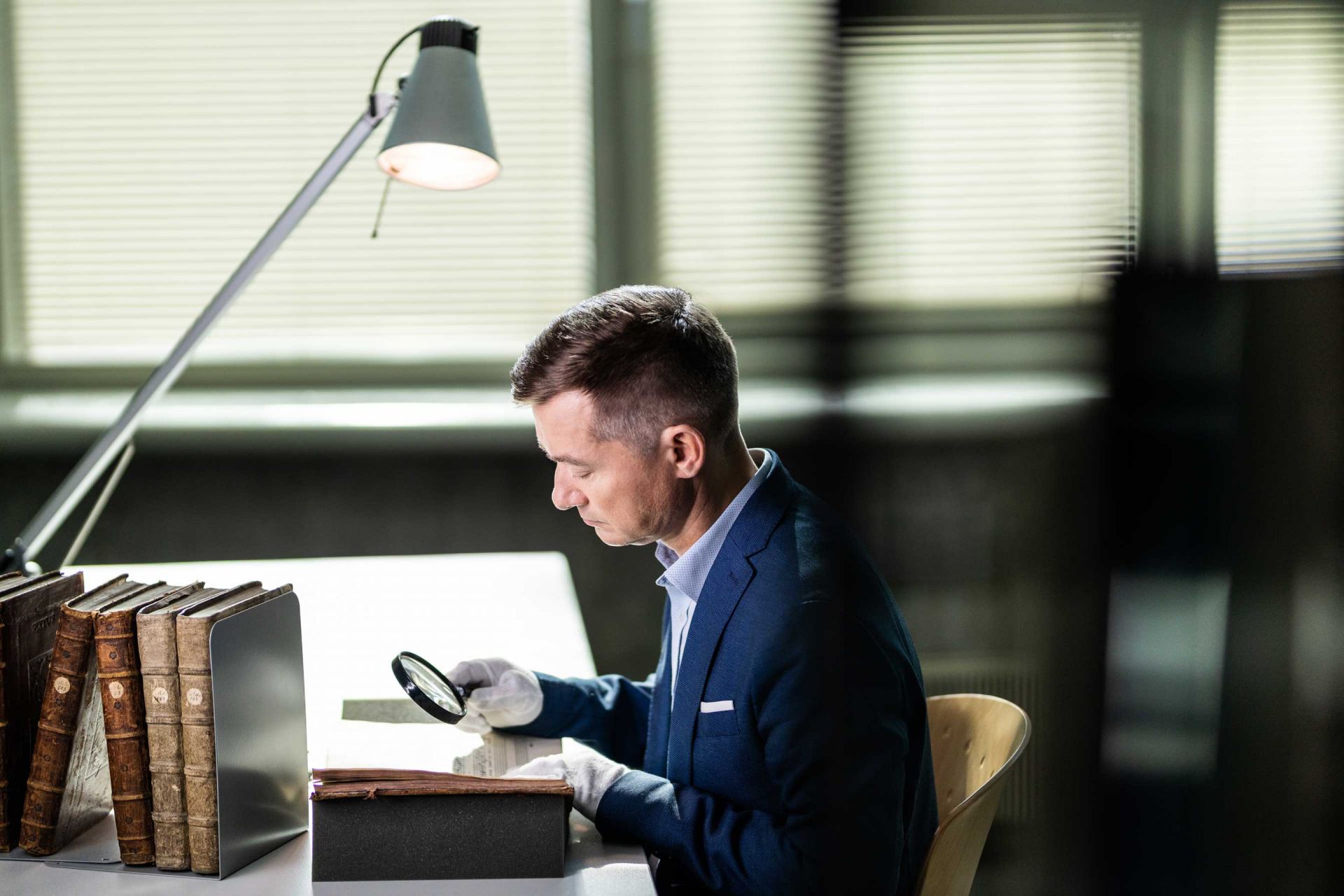
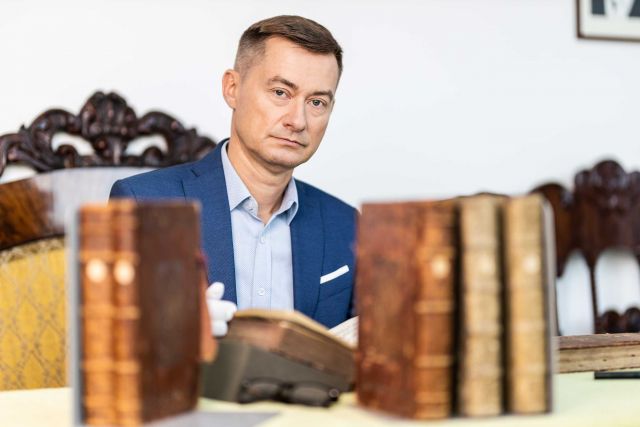
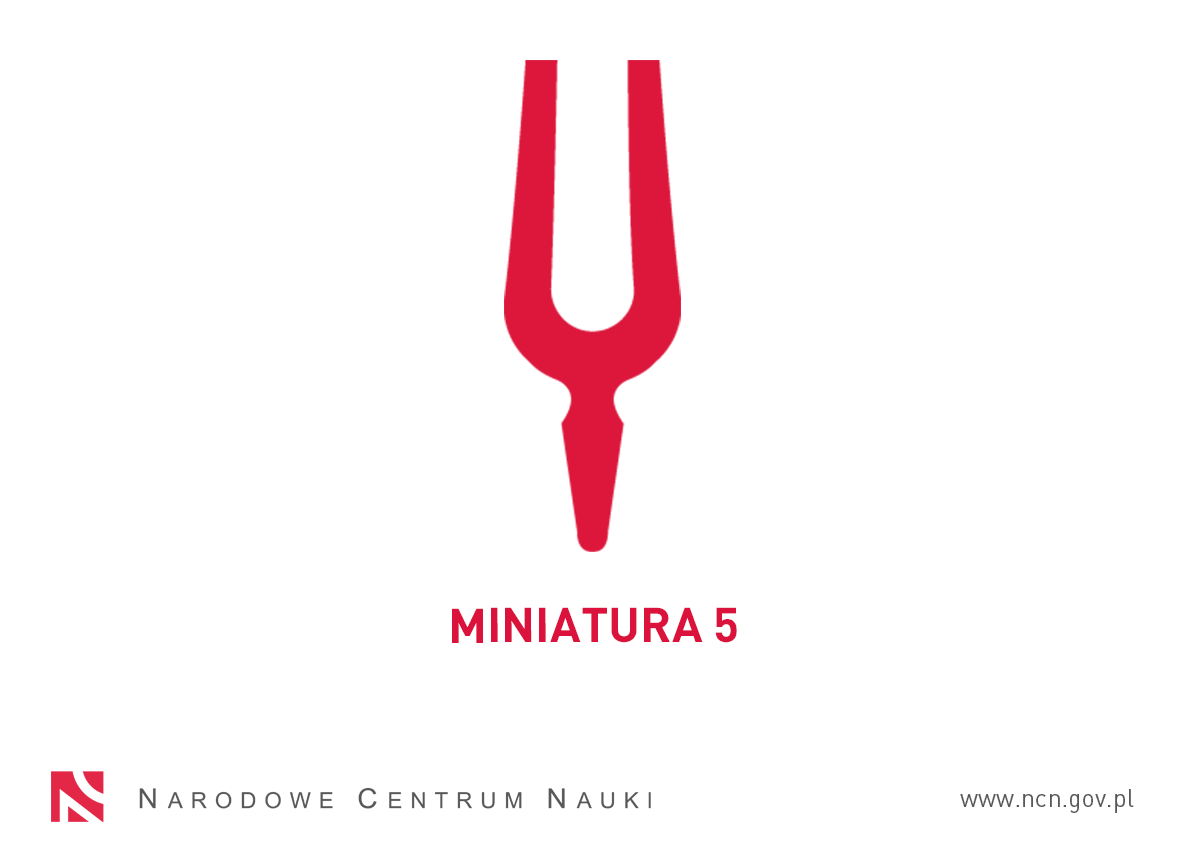
 Proposals submitted in September
Proposals submitted in September